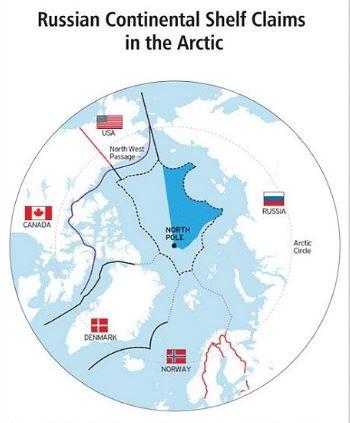As we shall discuss later, the coastal State intending to claim a continental shelf beyond 200 nautical miles is required to submit information on the limits of the shelf to the Commission. The Commission consists of twenty-one members who shall be experts in the field of geology, geophysics or hydrography. The members of the Commission are to be elected by States Parties to the LOSC from among their nationals, having due regard to the need to ensure equitable geographical representation, and they shall serve in their personal capacities in accordance with Article 2(1) of Annex II.
The members are to be elected for a term of five years and can be re-elected (Article 2(4) of Annex II). While the tasks of the Commission are not completely separated from the legal interpretation of relevant rules of the Convention, the Commission contains no jurists. No representative of the International Seabed Authority (hereinafter the Authority) is included in the membership of the Commission, while the Authority is directly affected by the recommendation of the Commission.
As the ICJ observed, the main role of the Commission consists of ensuring that the continental shelf of a coastal State does not extend beyond the limits provided for in Article 76(4), (5) and (6) of the LOSC and thus prevent the continental shelf from encroaching on the ‘Area and its resources’, which are ‘the common heritage of mankind’. Specifically, the Commission is conferred with two functions by Article 3(1) of Annex II. First, the Commission is to consider the data and other material submitted by coastal States and to make recommendations to the coastal States in this matter in accordance with Article 76 and the Statement of Understanding adopted on 29 August 1980 by UNCLOS III. Second, the
Commission is to provide scientific and technical advice, if requested by the coastal State concerned.
It can be reasonably presumed that the extension of the continental shelf beyond 200 nautical miles will increase overlapping of continental shelves. However, delimitation of the continental shelf beyond 200 nautical miles is outside the scope of the jurisdiction of the Commission. Article 9 of Annex II, along with Article 76(10), makes clear that the actions of the Commission shall not prejudice matters relating to delimitation of boundaries between States with opposite or adjacent coasts. Paragraph 2 of Annex I of the Rules of Procedure of the Commission stated:
In case there is a dispute in the delimitation of the continental shelf between opposite or adjacent States, or in other cases of unresolved land or maritime disputes, related to the submission, the Commission shall be:
(a) Informed of such disputes by the coastal States making the submission; and
(b) Assured by the coastal States making the submission to the extent possible that the submission will not prejudice matters relating to the delimitation of boundaries between States.
Paragraph 5(a) of Annex I of the Rules of the Commission also states:
In cases where a land or maritime dispute exists, the Commission shall not consider and qualify a submission made by any of the States concerned in the dispute, unless there is prior consent given by all States that are parties to such a dispute.
Under paragraph 5(b) of Annex I of the Rules of the Commission, ‘[t]he submissions made before the Commission and the recommendations approved by the Commission thereon shall not prejudice the position of States which are parties to a land or maritime dispute’. The Commission also acknowledged that it has no role on matters relating to the legal interpretation of Article 121 of the LOSC.
In order not to prejudice questions relating to the delimitation of boundaries between States, a State may make partial or joint submissions to the Commission. For example, on 19 May 2006, France, Ireland, Spain and the United Kingdom made a joint submission to the Commission. On 1 December 2008, the Republic of Mauritius and the Republic of Seychelles also made a joint submission to the Commission. It appears that joint submissions may contribute to reduce the workload of the Commission and encourage cooperation between neighbouring coastal States to determine their outer limits of the continental shelf in an amicable manner.

